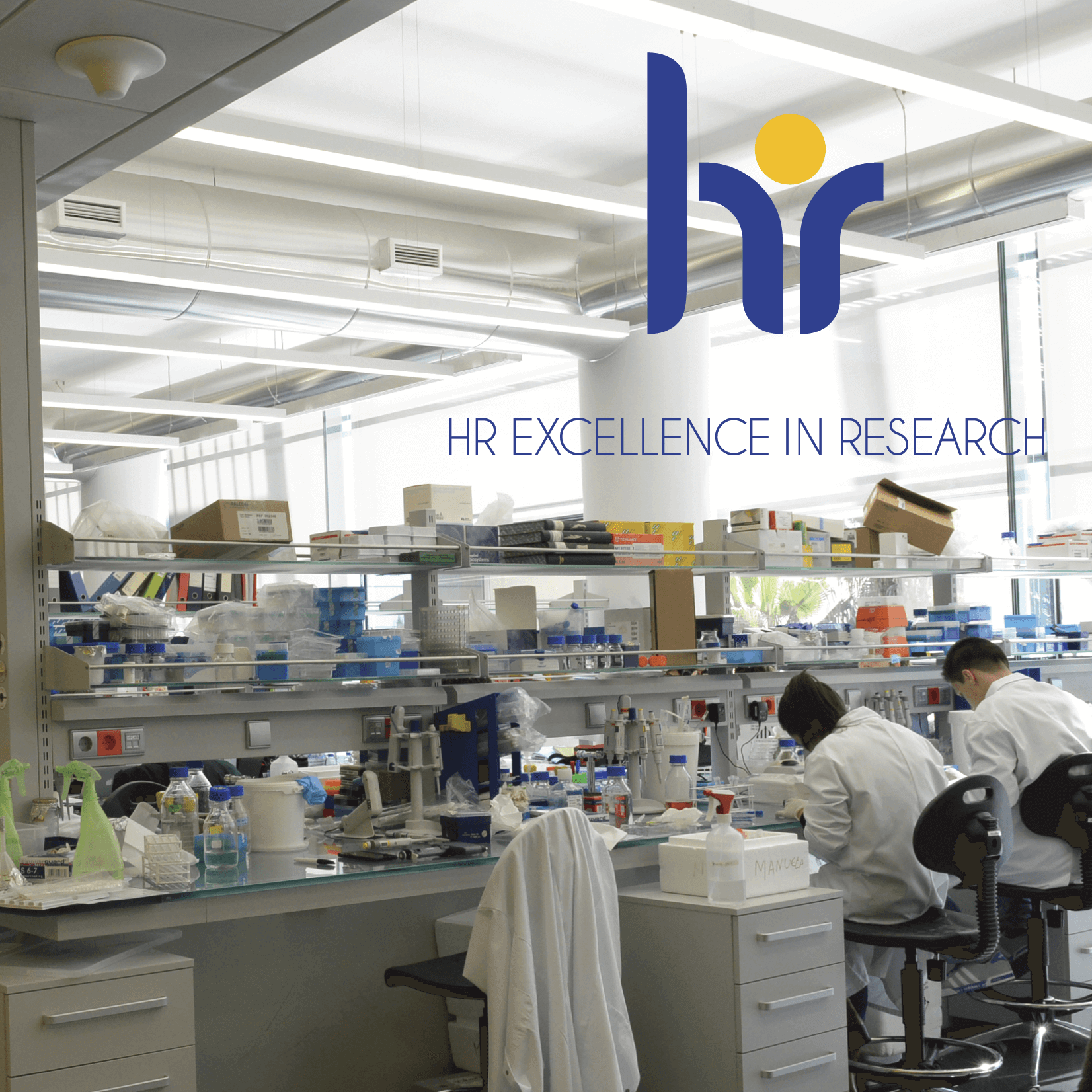06 October 2022
06 October 2022
October, World Breast Cancer Awareness Month
October is World Breast Cancer Awareness Month. Fátima Cardoso, who leads the Breast Unit at the Champalimaud Foundation, presents here a series of short videos that will be published all through this month of October about the Breast Unit, its clinical activities and its research projects.
06 October 2022
The multiple dimensions of the first European Researchers' Night at the Champalimaud Foundation
This public event, organised by the RAISE (Researchers in Action for Inclusion in Science and Education) consortium composed of the NGO Native Scientist, the Champalimaud Foundation and the Instituto de Medicina Molecular João Lobo Antunes (iMM), joined the 49 ERNs that took place in 25 European countries on the same date.
2022 European Researchers’ Night
Two editions of the European Researchers’ Night will be held at the incredible premises of the Champalimaud Centre for the Unknown located in Lisbon.
To reach members of the public from underserved and underprivileged communities, the European Researchers’ Night will be supported by several pre-events and co-created by researchers and members of the public, namely students from the school programmes and artists.
16 Sep. 2022
Postdoc_Rhiner_Sept22

Application Starts: 16 Sep. 2022
Application Ends: 30 Nov. 2022
Champalimaud Foundation (Fundação D. Anna de Sommer Champalimaud e Dr. Carlos Montez Champalimaud), a private, non-profit research institution in Lisbon, Portugal, is looking for a postdoctoral researcher to join our team.
13 September 2022
Check Up #6 - Chemotherapy, radiotherapy, targeted therapy and immunotherapy
Chemotherapy is the most conventional treatment against cancer. It uses medication to kill cells, and in particular cancer cells. But it does not target cancer cells specifically. It can be used by itself or in combination with other treatments, such as radiotherapy (see below) or surgery, to make them more effective.
Chemotherapy is usually administered intravenously at a hospital in the course of several sessions, but it can also consist of tablets taken at home. It can include one drug or a combination of drugs.
09 September 2022
Champalimaud Foundation researchers discover new tool for improving pancreatic cancer care
The statistics for pancreatic cancer are sobering. With a five-year survival rate of only 9%, incidence of the most common type, pancreatic ductal adenocarcinoma (PDAC), is growing and projected to be the second cause of cancer deaths by 2030. Surgery remains the most effective treatment, yet for 70-80% of patients, surgery is not a viable option. Understanding pancreatic cancer at the cellular and subcellular level is essential for developing therapies that can buy patients more time.

